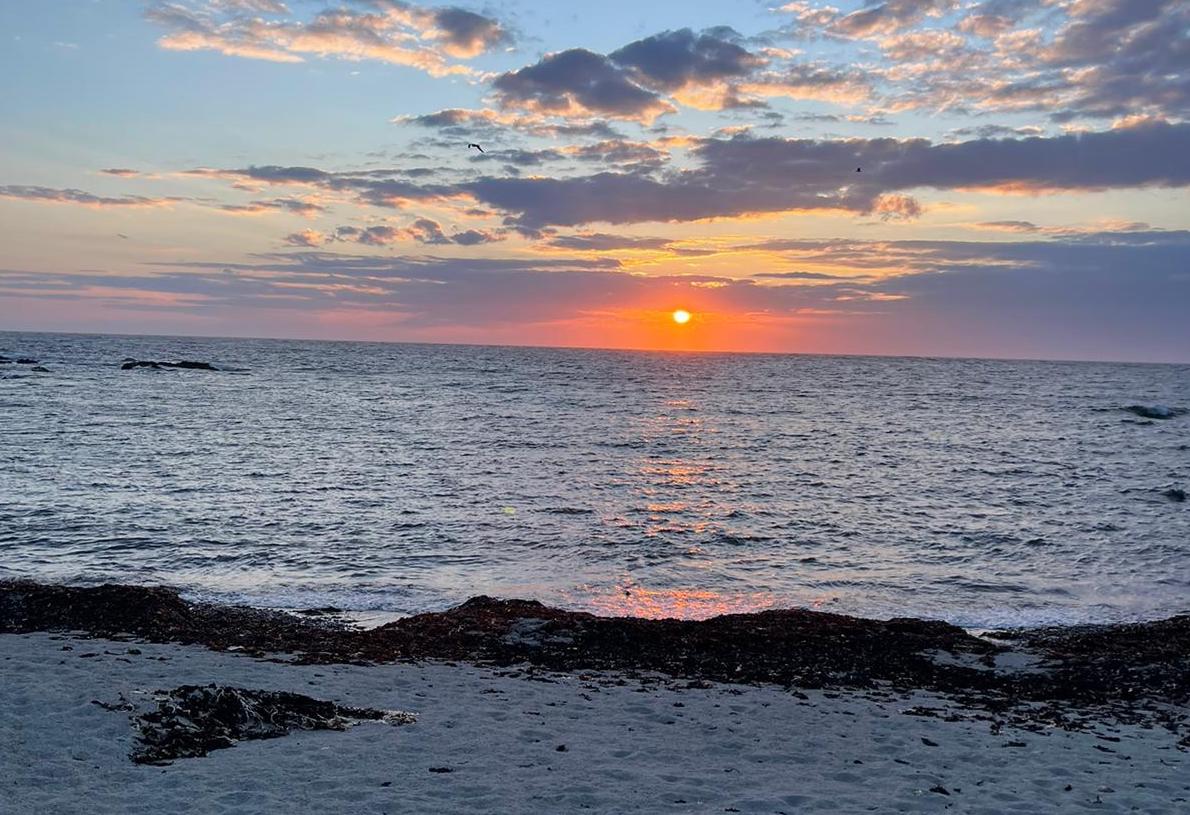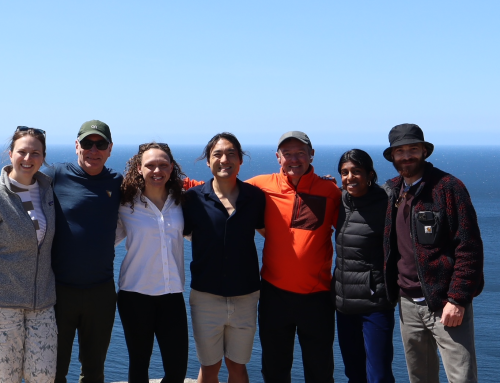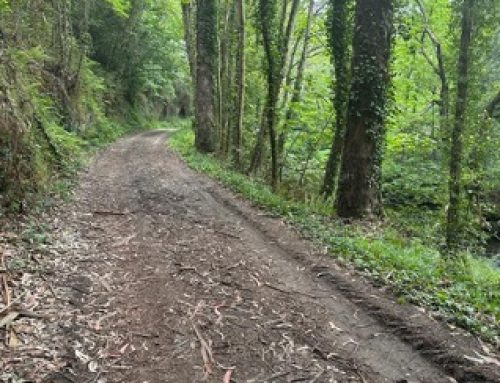Start close in,
don’t take the second step
or the third,
start with the first
thing
close in,
the step
you don’t want to take…
From Start Close In by David Whyte, ©2006 Many Rivers Press, Langley, WA 98260
Many would agree that we are living in a time of great disruption. We are witnessing challenges to how we govern ourselves locally, nationally, and internationally, shifts in political orientation, human displacement wrought by forces ranging from conflict to economics to climate change, massive migrations of human beings across and within continents, among many other disruptions. However accurate, this narrative dominates the social media spheres with its multitrillion dollar impact.
Yet, this is not the only true narrative. For example, researchers surveying 130,000 people from 125 countries found the 69% were willing to donate 1% of their personal income to combat climate change. However, most of those people believe they are in the minority (which they are not, by a long shot). This example reflects a different, but also accurate, account of a new quality of connection that we have with each other, with the planet, and with ourselves that is a starting point for a new web of interrelationships and a new society focused on developing practical innovations to address these significant and large disruptions. This story is less well told, as Otto Scharmer, senior lecturer at the MIT and co-founder of the Presencing Institute, pointed out in a recent interview with Tami Simon on the podcast Insights at the Edge.
The source of this discrepancy in narratives results in part, according to Scharmer, from a dynamic called the illusion of insignificance. The illusion of insignificance is based on an assumption that there is some big lever that is being moved out there by forces beyond all our individual control. And this illusion of insignificance has profound implications for our individual and collective senses of intention, attention, and agency. Nevertheless, history has demonstrated over and over that big changes occur through many, many, seemingly insignificant small actions that add up, that are connected through a web of awareness with our deeper intentions of what it is we want to be in service of. This is at the root of all movement building. It is the shared sense of possibility that we feel and brings us together for action, animating us in different ways of showing up in our work, our lives, our relationships, and in many different and challenging situations.
There exists yet another dynamic that upon deeper reflection most of us have experienced at some time in our lives. Upon seeing someone, another individual, operating from a deeper sense of purpose, we find ourselves awakening to potentials or possibilities or even realities within ourselves that we were not aware of previously. The implications of having this experience forces us to consider the possibility that others may also be listening to us and watching us in ways that are deeper than how we are listening to or see ourselves. Reflecting on this can motivate us to examine how we show up in the world in relationship to others because of the potential for influencing others’ sense of intention, attention, and agency.
Our mindfulness practice, by nonjudgmentally opening ourselves to the truth of the experiences of this moment, by bringing awareness to not only the dominant narrative but also investigating alternative stories, by motivating us toward deep listening, kind and affectionate attention, openness to others, and compassionate action, can help us build the fortitude needed to face disruptions, those proximate and beyond. We can bring forth the alternative but equally true stories about the human experience which are stories of connection, compassion, and concern for each other. Where to start? Otto Scharmer inspires us to consider that the area of impact is wherever you are. Begin close in, while dwelling within the divine abodes of kindness, joy, compassion, and equanimity as we take the next step, close in.






Leave A Comment